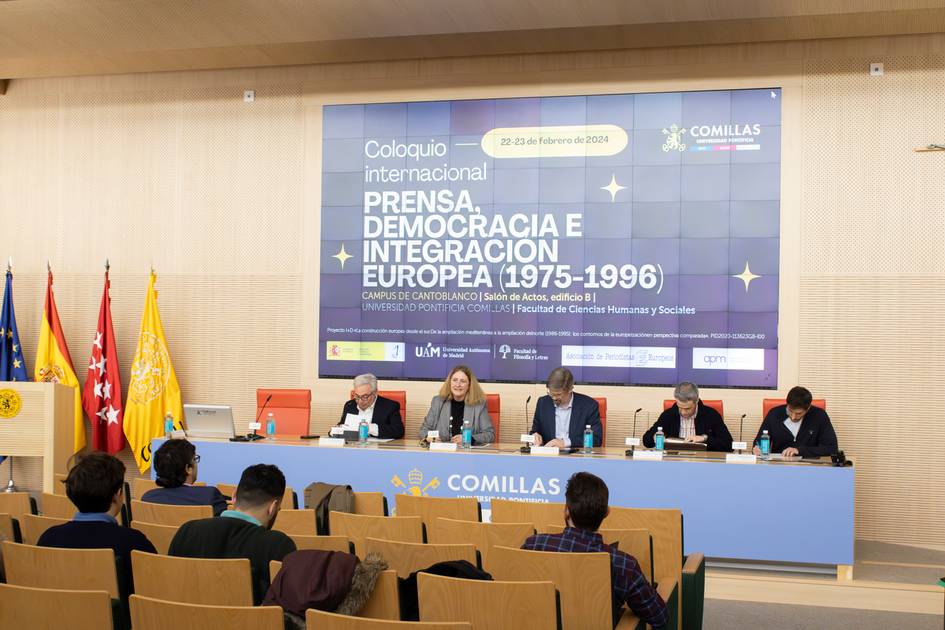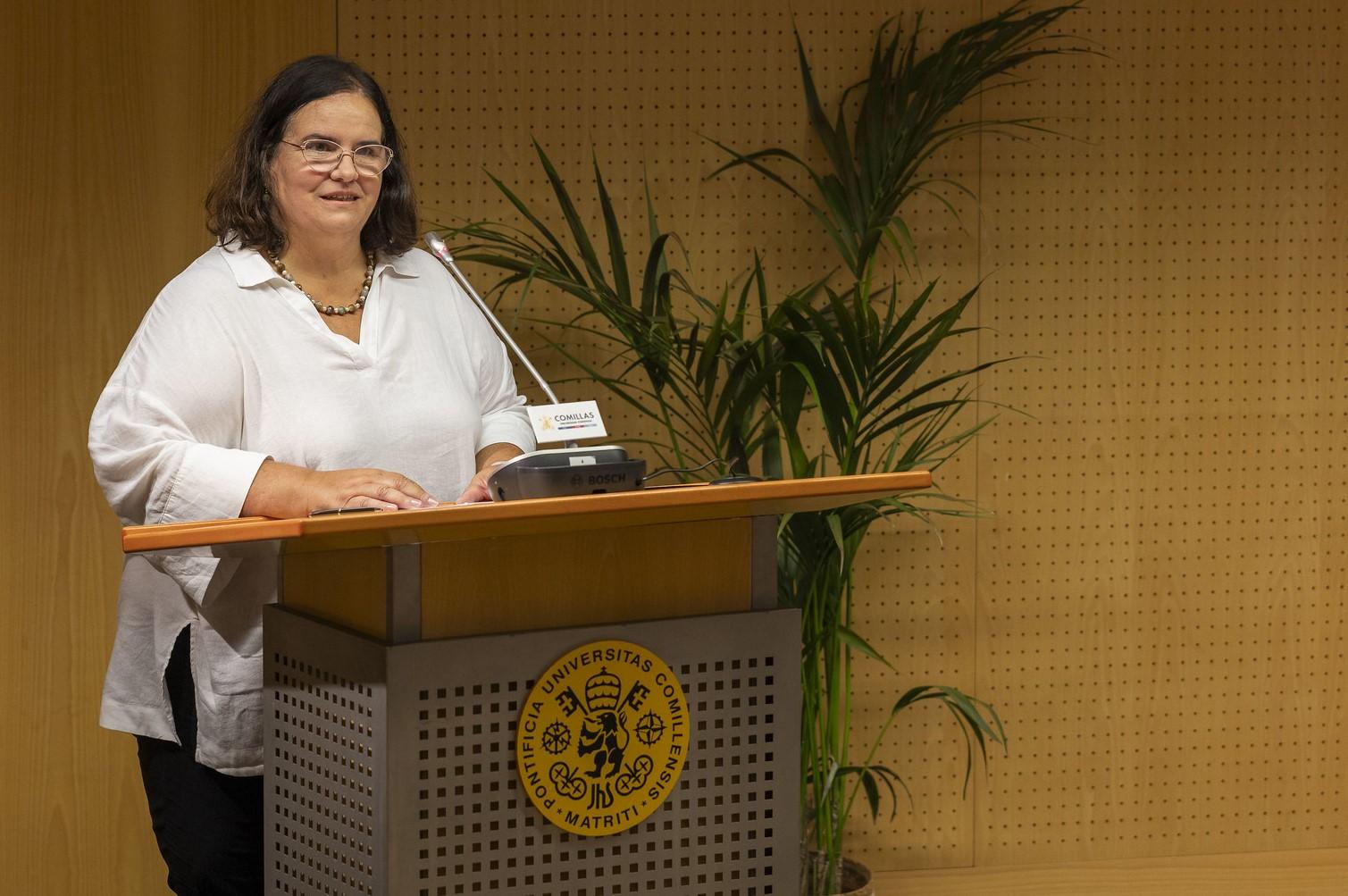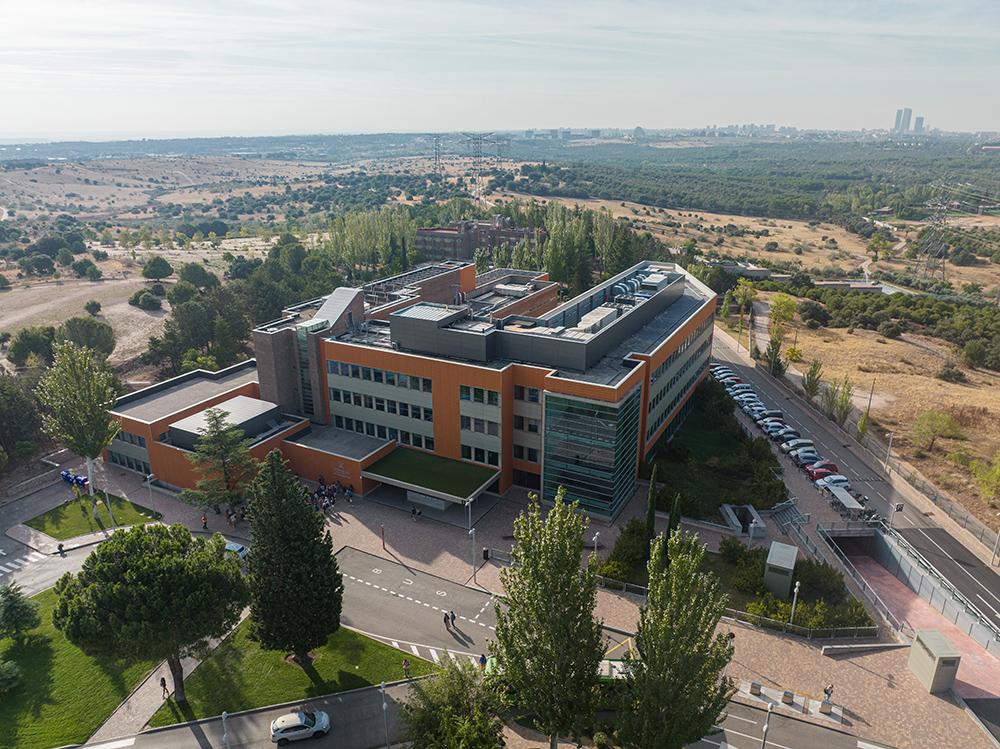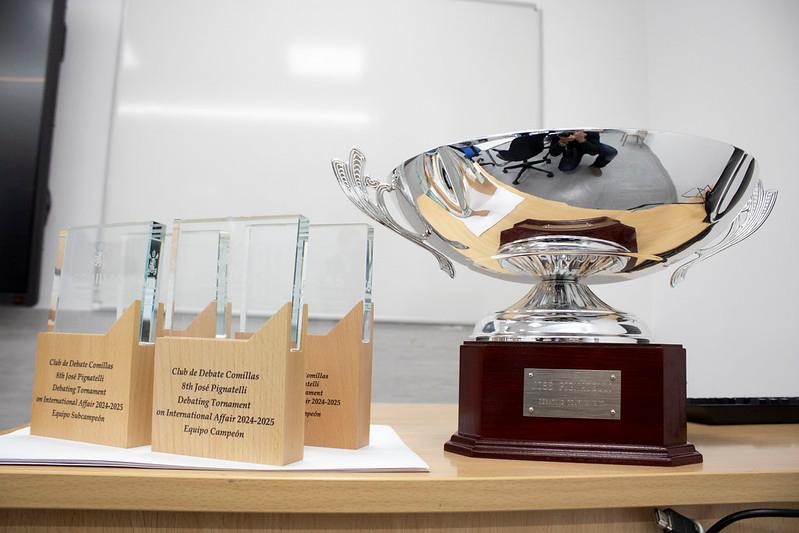The press as an instrument for the Europeanisation of Spain
The Faculty of Humanities and Social Sciences (Comillas CIHS) hosted an international colloquium on the press, democracy and European integration

26 February 2024
Spain has been a member of the European Union since 1 January 1986, but the Europeanisation of the country, its institutions and its citizens began earlier and culminated years later. In this process, the media played a fundamental role, reporting from and about Brussels and, above all, introducing concepts such as integration negotiations, European funds, convergence, the euro and the eventual monetary union into public discourse and households.
This relationship between the press, democracy and European integration has been analysed in an international colloquium, hosted by the Faculty of Humanities and Social Sciences (Comillas CIHS) on the Cantoblanco campus. The event, designed for researchers, but also attended by students of International Relations and International Communication, could not have found a better setting: "a pioneering faculty in international relations studies where, in addition, this speciality is combined with communication with an international perspective", emphasised the dean, Susanne Cadera at the inauguration. "From the beginning, this university has been very sensitive to the importance of history in training analysts and professionals in international relations," explained the Vice Dean of International and Institutional Relations, José Manuel Sáenz Rotko, who is also a member of the organising committee of the meeting and of the research project that promotes it.
Studying the role of the press in the period of European integration is one of the objectives of the R&D Project "La construcción europea desde el sur. De la ampliación mediterránea a la ampliación del norte (1986-1995): los contornos de la europeización en perspectiva comparada" (PID2020-113623GB-100), whose core is at the Complutense but which includes researchers from Spanish universities and other European countries. "We want to make progress in European studies without losing sight of history, and we also want to be open to the approaches of political scientists," said Antonio Moreno, lecturer at the Universidad Complutense and principal researcher of the project.
The two-day colloquium, which also had the collaboration of the Faculty of Philosophy and Arts of the Universidad Autónoma de Madrid, the Association of European Journalists and the Asociación de la Prensa de Madrid, allowed more than fifteen researchers to share their progress, and a prominent group of journalists, such as Miguel Ángel Aguilar, Pilar Requena, Miguel Ángel Noceda and José Hervás, to reflect on the European experience.
You may also be interested in

She replaces Susanne M. Cadera, dean for the past nine years

The Master's Degree in Teaching Compulsory Secondary Education will allow teachers to be certified for the International Baccalaureate without additional credits from the 2025-2026 academic year

Two pairs of students from Comillas CIHS have faced each other in the final of the 8th Pignatelli Debating Tournament
